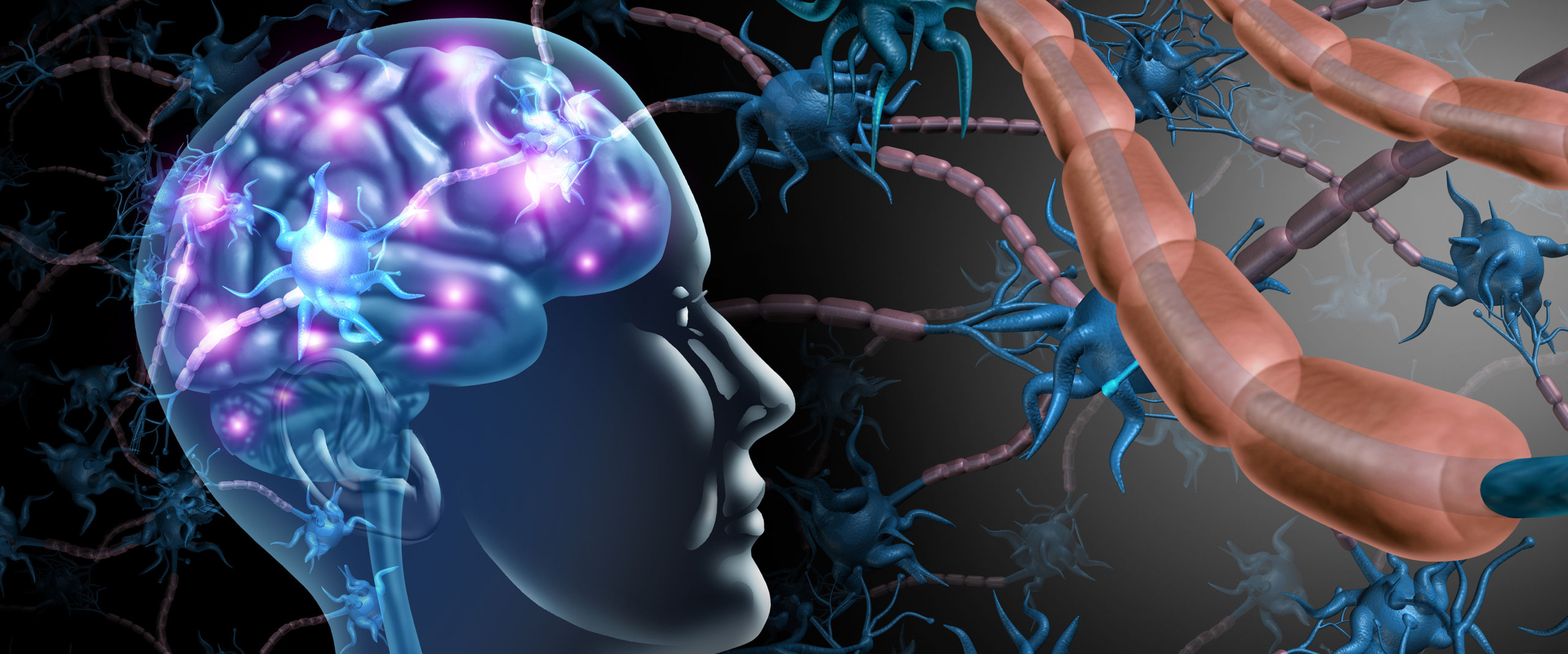MS Diagnosis
In addition to a neurological examination by the Neurologist, it is advised to carry out the following examinations for MS diagnosis:
- MRI scan of the brain and spinal cord to detect active and inactive lesions
- Lumbar puncture to figure out abnormalities in the spinal fluid
- Measurements of nerve function: Electro-myography (EMG), nerve conduction examinations (ENG), and electroencephalography (EEG)
- Blood tests to eliminate the possibility of other conditions that posses similar symptoms
- Visual evoked potentials (VEP) test to analyze electrical activity in your brain
- Optical Coherence Tomography (OCT) to check thinning around the optic nerve
Treatment
The disease cannot yet be cured, but the individual relapses can be prevented by certain medication and if there happen to relapse on treatment, they can be shortened with medication, primarily corticosteroids.
The Multiple Sclerosis treatment may include:
- Specific treatments for individual MS symptoms
- Short courses of steroid medicine to treat relapses
- Use of disease-modifying treatment to reduce the number of relapses
Living with Multiple Sclerosis
You may have to adapt your daily life if you’re diagnosed with MS. But the right care, support, and motivation can give you active and healthy life. Following things needs to be taken care of while living with MS.
- Follow self-care practices
- Undergo regular reviews
- Eat healthily
- Get engaged in regular physical activities
- Reduce the use of tobacco products
- Sleep well
Support & Care
Support and care from family members can make a huge difference in the daily life of MS patients. Friends and family members can offer a helping hand in managing daily chores such as:
- Reminding to take medications
- Helping with cooking, cleaning, laundry, etc.
- Driving to doctor’s appointment
- Spending quality time with MS patients
- Making the house safer and easier to use for MS patients
- Grocery shopping and errands
In-Home Support
As your MS progresses, you may need help from someone beyond your family and friends. A few signs may be a tip-off that it’s time to start looking for in-home options such as a home nurse or housekeeper. Don’t hesitate to hire a home help if you have trouble with self-care tasks.
Support Groups
Each person’s journey with MS will be different. The best person to help an MS patient might be another person experiencing the same health conditions. Many organizations and online support groups for MS patients have been formed in the past years.
The MS support groups can be useful for the following purposes:
- To interact with other MS patients
- Share your tips and advice
- Seek expert opinion on your concerns
- To keep you motivated during difficulties
- To learn about MS medical research and lifestyle articles
- Monitor your health and MS progression








